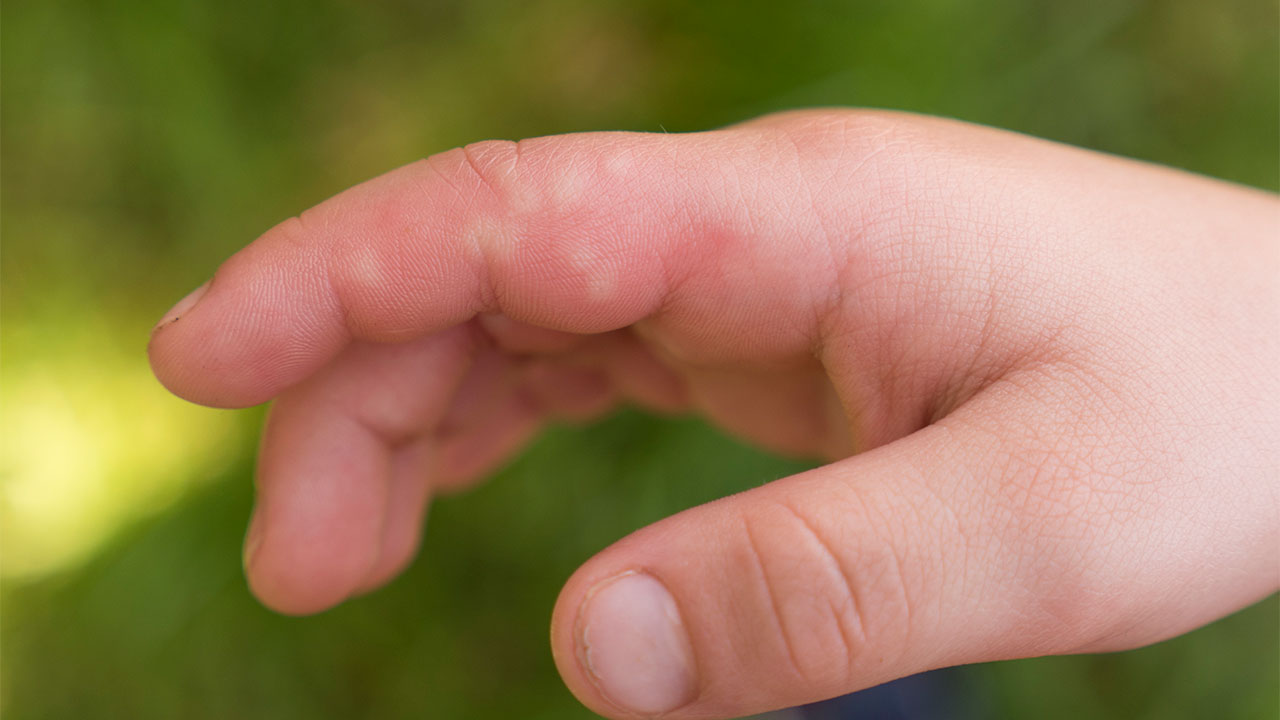A new study is helping scientists better understand the link between the mutation of a gene called MEF2C and a rare form of autism called MEF2C haploinsufficiency syndrome. According to an article in the journal Neurogenetics, MEF2C haploinsufficiency syndrome is “associated with intellectual disability, autistic features, epilepsy, and abnormal movements.” Although scientists know that a deficiency in the MEF2C genes is responsible for MEF2C haploinsufficiency syndrome, they do not yet know exactly how the genes regulate brain development. Dr. Cowan notes that the value of the recent research is in the way it draws attention to the need to understand the interconnecting effects of brain cells. “For the field,” he says, “I think it’s important because it’s starting to help us appreciate that neurodevelopmental [conditions] are probably a convergence of dysfunction or altered development of multiple different cell types. This has treatment implications as well, because you can’t just target the neuronal population. You can’t just target microglia. You’re probably going to have to think about the cluster of different cooperating cell types in the brain that lead to a typically functioning brain,” he adds. The research has also benefited from the input of families across the world. The internet allows families to connect with other families who have children with the syndrome, which has helped make evident some aspects of it that were previously unclear. (Credits: www.medicalnewstoday.com)


